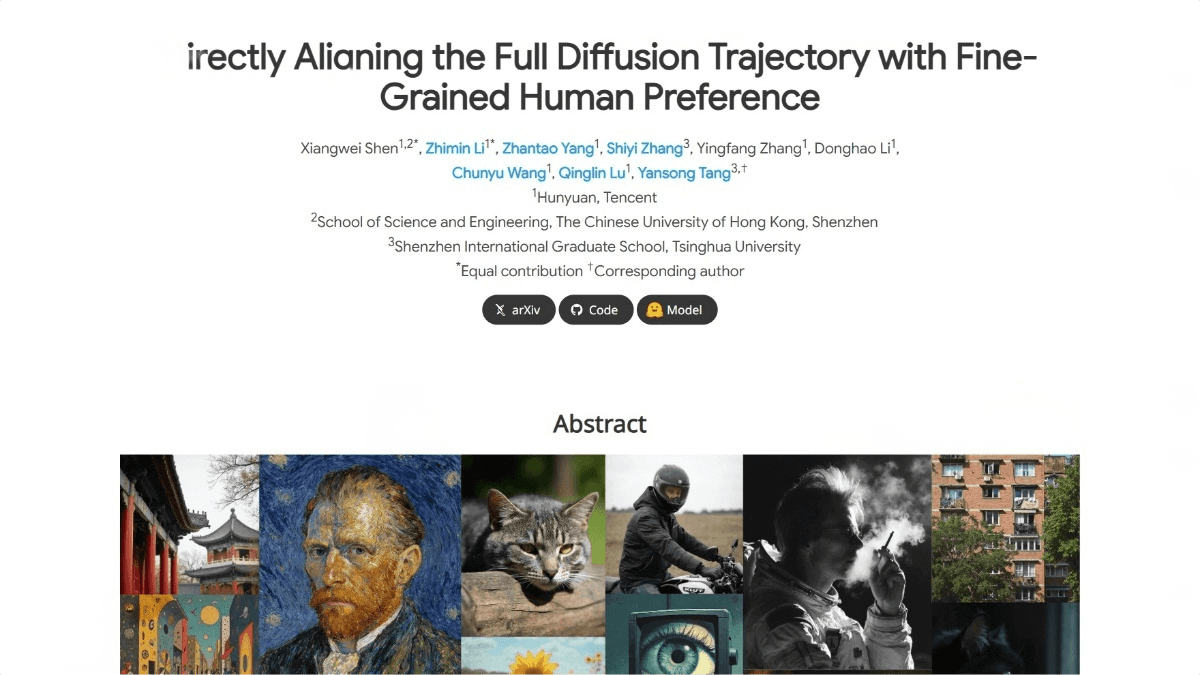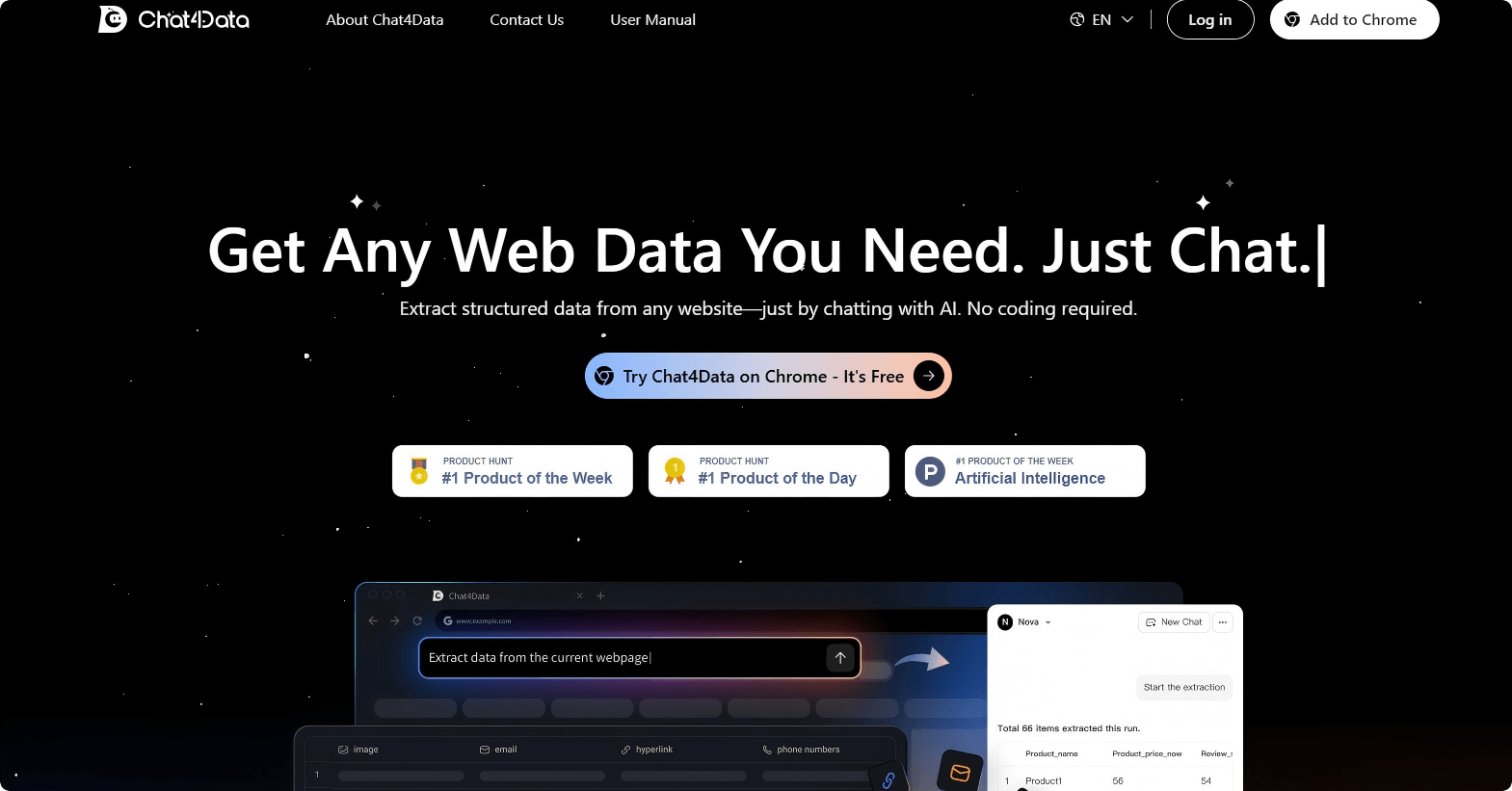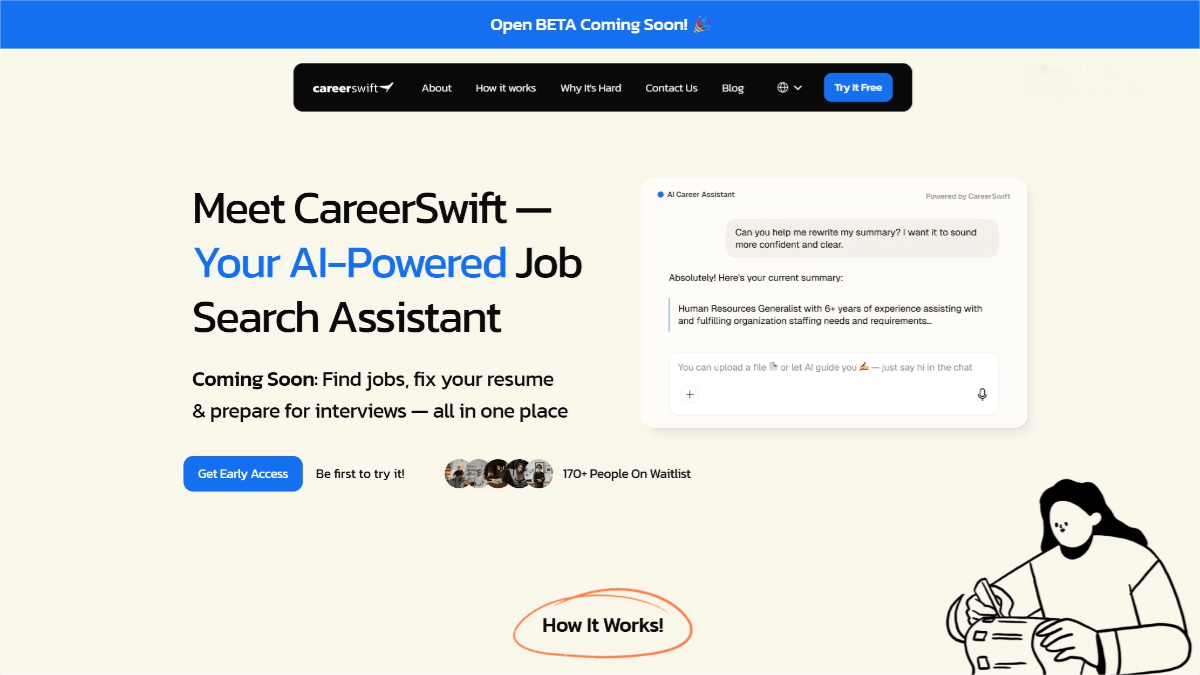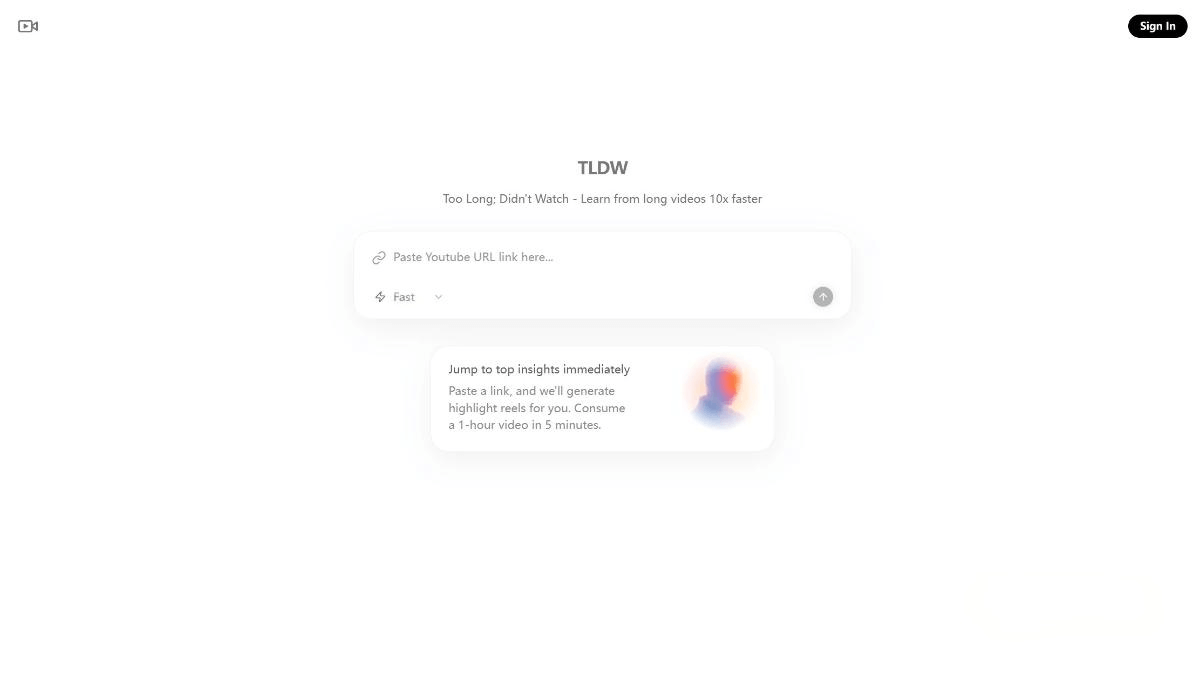Local-NotebookLM – Open-source AI tool for converting PDFs into podcasts with customizable audio
What is Local-NotebookLM?
Local-NotebookLM is an open-source local AI tool that converts PDF documents into engaging audio content such as podcasts, interviews, debates, and lectures. It supports multiple output formats and content styles, allowing users to customize the length (short, medium, or long form) and tone (neutral, casual, formal, technical, or academic) of the generated audio. The tool integrates with various LLM providers—including OpenAI, Groq, and Azure OpenAI—and includes text-to-speech (TTS) capabilities with customizable voice profiles.
Local-NotebookLM can be used via command line interface, Python API, Gradio Web UI, or a FastAPI server, offering flexible integration options. It also supports multiple languages, enabling users to generate audio content in the language of their choice depending on model availability.
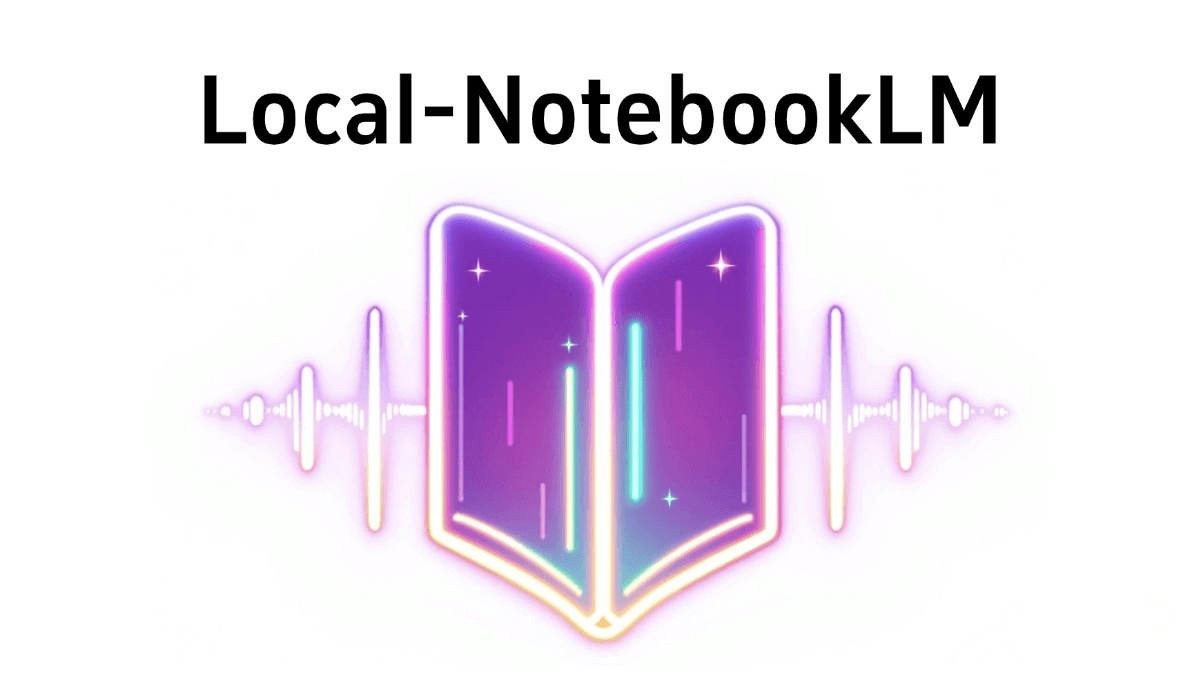
Key Features of Local-NotebookLM
-
PDF Text Extraction and Processing
Automatically extracts and cleans text from PDF documents, removing formatting errors and redundant content. Supports academic papers containing mathematical formulas. -
Customizable Audio Generation
Generates a variety of audio formats—such as podcasts, interviews, debates, and lectures—with selectable styles (neutral, casual, formal, technical, academic) and lengths (short, medium, long). -
Multilingual Support
Allows users to select from multiple languages for audio generation, provided that the chosen LLM and TTS models support the target language. -
Flexible Model Integration
Supports multiple LLM providers, including OpenAI, Groq, Azure OpenAI, LMStudio, and Ollama, allowing users to select models best suited for their needs. -
Text-to-Speech Conversion
Offers natural-sounding voice generation with customizable voice profiles for a more personalized audio experience. -
Multiple Usage Options
Provides several ways to run the tool:-
Command Line Interface (CLI)
-
Python API
-
Gradio Web UI
-
FastAPI Server
These options make it easy to integrate into various workflows or environments.
-
-
Fully Configurable Pipeline
Users can define custom processing workflows through configuration files, adjusting text extraction, content generation, and audio output steps as needed.
Project Repository
How to Use Local-NotebookLM
-
Installation
You can install it either from PyPI or from source.-
From PyPI:
pip install local-notebooklm -
From source: Clone the repository, create a virtual environment, and install dependencies.
-
-
Command Line Usage
Run the following command:Specify the PDF path and desired options such as output format, style, and length to generate audio.
-
Using the Python API
Import thepodcast_processorfunction in your Python code, and call it with the PDF path and configuration file path to programmatically generate audio. -
Web UI Usage
Run:This launches the Gradio Web UI, allowing users to operate via a graphical interface without command-line experience.
-
FastAPI Server Usage
Run:This starts a FastAPI server, enabling programmatic access via web APIs for seamless integration with other projects.
Application Scenarios of Local-NotebookLM
-
Education
Teachers can convert teaching materials into audio lectures, allowing students to learn flexibly across different contexts. -
Academic Research
Researchers can transform academic papers into podcast-style summaries, facilitating peer communication and expanding the reach of their work. -
Content Creation
Creators can convert various documents into diverse audio formats—such as interviews or debates—to enrich content styles and attract broader audiences. -
Corporate Training
Companies can convert training materials into audio form, helping employees learn during fragmented time and improving engagement and efficiency. -
Personal Learning
Individuals can convert books or articles into audio content to learn efficiently during commutes, workouts, or other idle moments. -
Knowledge Sharing
Professionals can transform domain-specific documents into audio content for distribution on social media or professional platforms, promoting wider knowledge dissemination.
Related Posts

